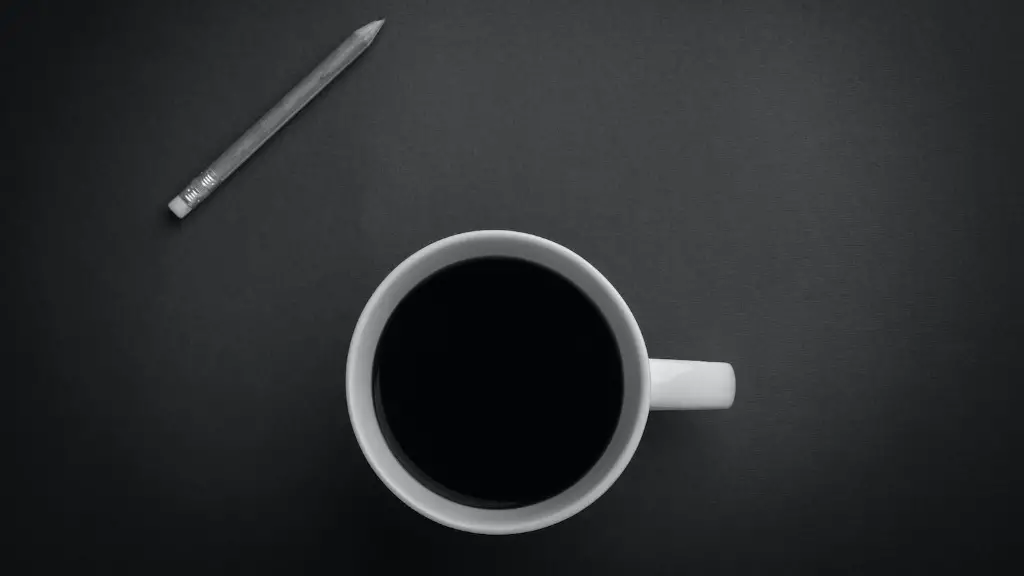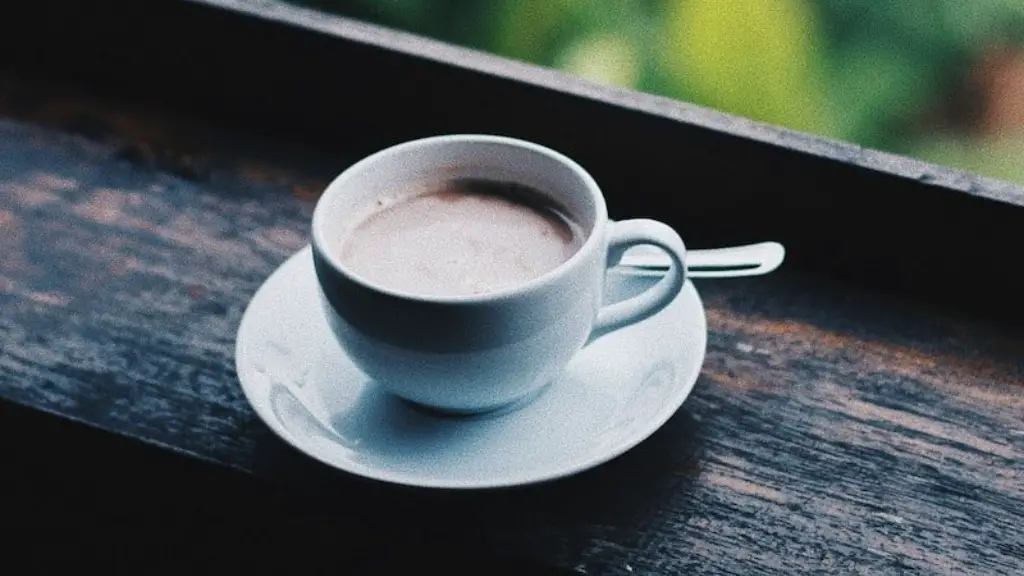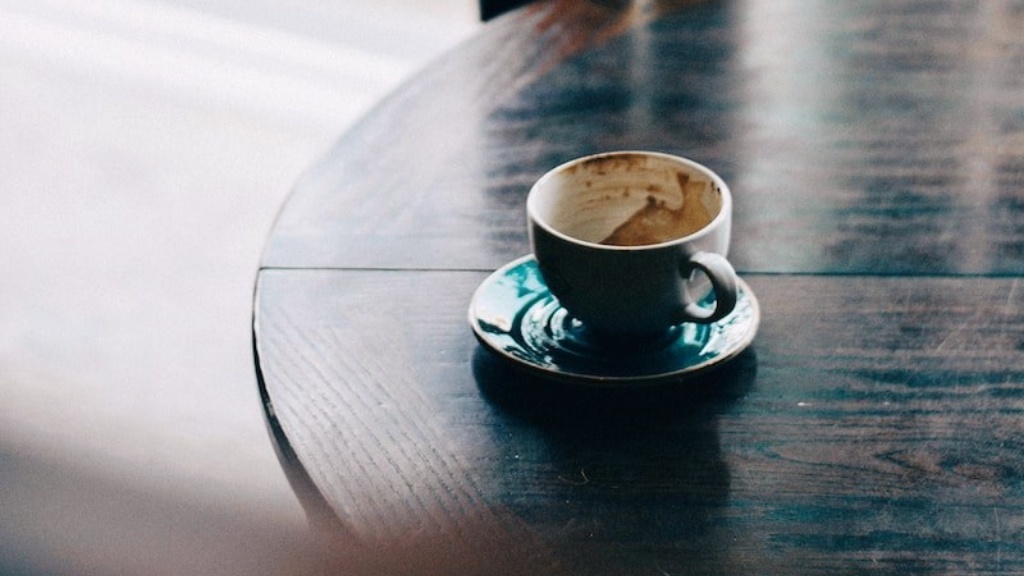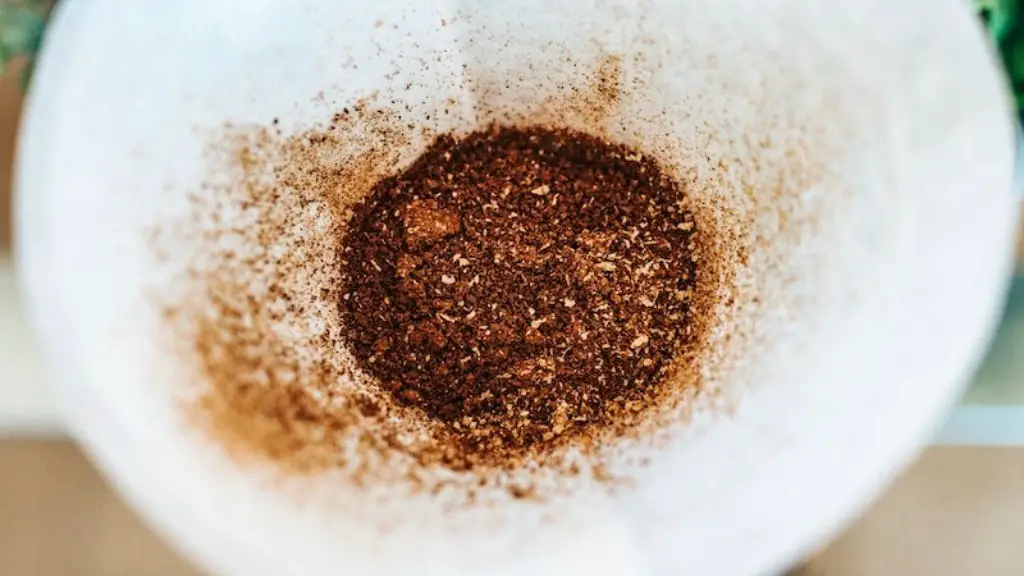How to Drink Coffee if You Hate It
Whether you don’t like the taste of coffee or don’t want the jitters it can give you, it can be incredibly difficult to learn how to drink coffee if you hate it. That being said, it’s not impossible. There are a few tricks and tips you can use to make drinking coffee more palatable if you don’t initially find it to your taste.
The first step to learning to drink coffee if you hate it is to try different types of coffee. While this may seem obvious, many people avoid branching out with their coffee and are stuck with the same type they’ve always had. However, there are a variety of coffee flavors, styles, and brewing methods that may be better suited to your taste buds.
An example of this is cold brew coffee, which is almost unrecognizable as coffee when compared to a hot cup of coffee. Cold brew coffee is made by soaking coffee grounds in cold or room-temperature water for 12-24 hours, resulting in a smooth and less acidic cup of coffee without the jitters and crash associated with working from a hot caffeinated beverage.
You can also make coffee more palatable by mixing it in with other flavors. Many people, for example, use chocolate, cream, and/or sugar to help them stomach their morning cup of coffee. While these options won’t mask the taste of the coffee completely, it can help to make it more drinkable.
Another option is to try cold-brew iced coffee with some added flavorings like lemon or mint. These flavors can help to mask the taste while still providing the caffeine boost you’re seeking. You can also try adding a few drops of vanilla extract, or even some coconut or almond milk.
One of the most overlooked ways to make drinking coffee more enjoyable is to use high-quality beans. If you use low-grade beans, you won’t get the same taste, smell and sensation as when you use gourmet beans like those used in professionally crafted coffees. Investing in quality beans can make a huge difference in your coffee-drinking experience.
If all else fails, you may want to consider using an unflavored dietary supplement that contains caffeine. These products usually come in capsule form, and require no preparation and no taste-buds adjusting. They are also a great way to get a large dose of caffeine without having to drink an entire cup of coffee.
Tips for Making Coffee More Enjoyable
Once you’ve found the right type of coffee for you, there are a few tips for making it more enjoyable. One is to use a French press or other coffee maker which allows you to control the amount of coffee you make. This ensures that you won’t make too much coffee (which could be too strong or bitter) or too little (which could be too weak or watery).
You can also experiment with different temperatures when brewing coffee. If coffee tastes too strong or bitter, try brewing it at a lower temperature. Similarly, if it tastes too light, try brewing it at a higher temperature.
Grinding your own coffee beans can also result in a more flavorful cup of coffee. When coffee beans are ground, the fresh scent of the beans gets released, making for a more flavorful and enjoyable cup of coffee.
Finally, the fresher the coffee beans, the better. Fresh coffee beans will ensure you’re getting the most flavor from your coffee. Whether you buy from a local roaster or online, always opt for freshly roasted beans.
Alternative Milk in Coffee
An alternative option for people who dislike the taste of coffee is to use an alternative milk like almond, soy, coconut, or oat milk. These milks are not only free of caffeine and lactose, they are also much sweeter in taste and offer a milder flavor than regular cow’s milk. This can help to take the sting out of a cup of coffee, making it more enjoyable.
Furthermore, many of these alternatives have added benefits. Coconut and almond milk, for example, are both high in healthy fats, which helps to keep you fuller for longer. Oat milk, on the other hand, is loaded with essential vitamins and minerals, including magnesium, iron, and vitamin B1.
If you want to add an extra touch of sweetness to your cup of coffee, you can use a sugar substitute like honey, agave, or stevia. These sweeteners are much healthier than sugar and add just the right amount of sweetness without any of the aftertastes of artificial sweeteners.
Finally, if you find that you don’t enjoy the taste of coffee with milk or sugary alternatives, you can always infuse other flavors into the drink. Popular additions include vanilla extract, cocoa powder, instant coffee, or even herbal teas such as chamomile or peppermint.
Caffeine Alternatives
If you’re looking for a way to get a caffeine boost without the taste of coffee, there are plenty of alternatives. For example, green tea is an excellent source of caffeine, without the harshness of espresso or brewed coffee. Matcha, in particular, is an excellent choice for those who dislike the taste of coffee.
Another option is caffeine tablets. These tablets contain anywhere from 65-200mg of caffeine, making them easy to dose and great for those who do not like the taste of coffee. However, they are not as reliable as coffee, since they can take longer to start working.
Yerba mate is another great alternative to coffee, as it provides a different type of caffeine than coffee. Yerba mate contains theophylline, which acts differently than coffee’s caffeine, making it more stimulating and less of an appetite suppressant.
Finally, you can also opt for an energy drink. Most energy drinks are loaded with caffeine and different flavors, allowing you to get the energy boost you need without the taste of coffee.
Drinking Coffee for Health Benefits
Finally, many people need to learn how to drink coffee if they hate it in order to reap the health benefits. Coffee is one of the most widely consumed drinks in the world, and for good reason. Coffee is full of antioxidants and other compounds that can help improve mental alertness and energy levels. Coffee has also been found to reduce the risk of diabetes, Alzheimer’s disease, and certain types of cancer.
Furthermore, science suggests that coffee can have several other benefits including improved physical endurance, protection against Parkinson’s disease, and a lower risk of depression. It’s also known to reduce your risk of stroke, as well as provide additional protection against heart disease and type 2 diabetes.
If you’re looking to reap the health benefits of coffee but don’t like the taste, your best bet is to start with a darker roast coffee. Darker roasts have a much richer flavor and yield less bitterness, making them much more palatable. You can also opt for stronger coffee beans or even espresso, which has been shown to have up to 30% more antioxidants than regular coffee.
Conclusion
Drinking coffee if you hate it doesn’t have to be a chore. With the right techniques, you can make coffee more enjoyable and even reap the health benefits. Whether it’s experimenting with different types of coffee, adding flavorings, using alternative milks, or switching to a caffeine alternative, there are plenty of options available for those who don’t like the taste of coffee.





